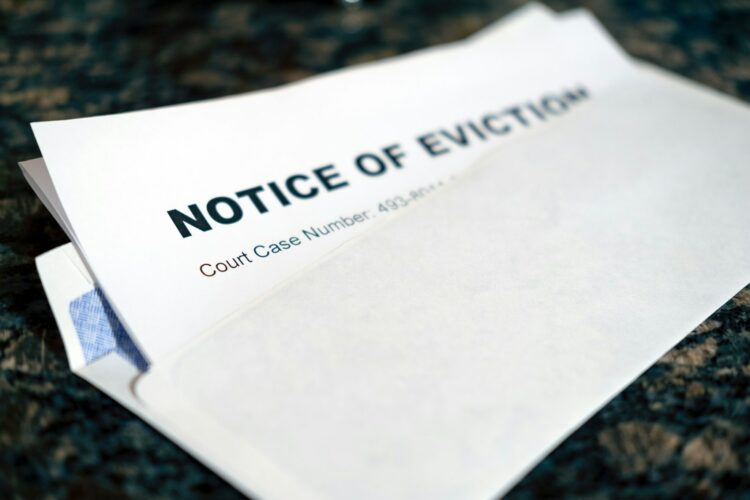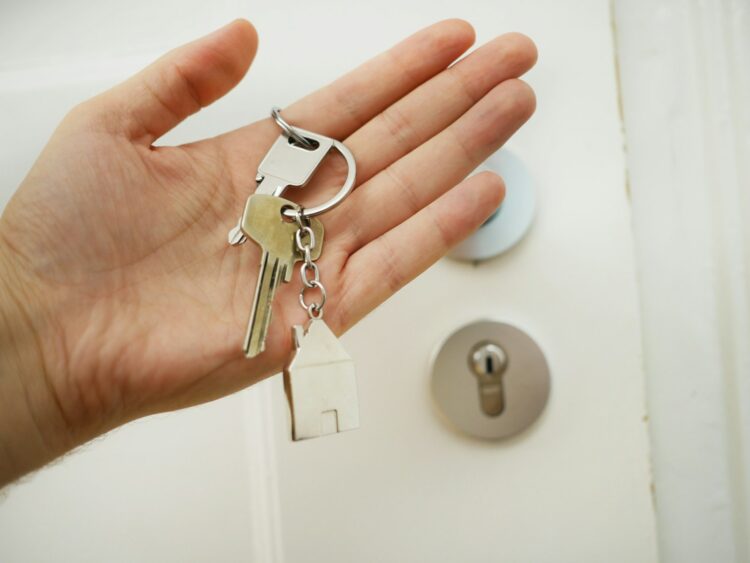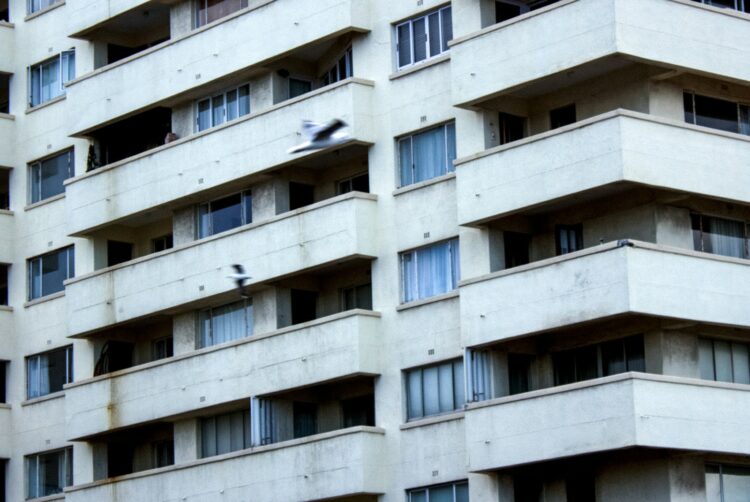
As a tenant, you have certain rights designed to protect your privacy, safety, and living conditions. Unfortunately, not every landlord respects these rights, and some may even exploit tenants who are unaware of their legal protections. Here are 15 common ways landlords sometimes breach tenant laws to help you protect yourself.
Unannounced Entry Into Your Apartment

Landlords are usually required to provide notice before entering your rental, often 24-48 hours in advance, depending on your local laws. This notice gives tenants time to prepare for their landlord’s arrival.ccc If your landlord enters without permission, they are infringing on your right to quiet enjoyment of your home. The only exceptions to this rule are emergencies, such as a fire, gas leak, or urgent repair that cannot wait.
Refusing to Make Necessary Repairs

Your landlord is responsible for making sure that your rental unit is in a habitable condition, meaning essential systems such as plumbing, heating, and electrical must be functional. If you’ve requested necessary repairs and your landlord consistently ignores or delays them, they may be violating health and safety regulations. This can be especially dangerous if the problem affects your safety or the integrity of the building.
Charging Illegal Fees

Landlords are allowed to charge fees, but only those outlined in the lease agreement or legally permitted by your local regulations. If your landlord tries to impose fees for things like late rent payments without proper documentation, parking fees that weren’t initially disclosed, or so-called “administrative fees” that weren’t agreed upon, they are likely violating your rights.
Threatening Eviction Without Legal Justification

Eviction is a legal process, and your landlord cannot simply kick you out on a whim. They must follow legal protocols, which usually involve providing a formal notice, giving you time to correct any issues (such as paying late rent), and obtaining a court order if needed. If your landlord threatens eviction without following these steps, they are violating your rights.
Discriminating Against You

Landlords cannot treat you differently because of your race, gender, religion, disability, family status, or other protected characteristics under fair housing laws. Discriminatory practices can range from refusing to rent to you, charging higher rents or deposits based on your identity, or providing substandard services to tenants of specific backgrounds.
Raising Rent Without Proper Notice

Most areas have laws requiring landlords to give you advance notice before raising your rent, usually 30 to 60 days. If your landlord raises your rent without giving this notice, or without following any local rent control laws that might cap rent increases, they are acting unlawfully. Rent hikes must be communicated in writing and should follow any terms agreed upon in the lease.
Entering the Apartment for Non-Emergencies Without Consent

Outside of emergencies, your landlord must give reasonable notice for any entry into your rental unit, whether it’s for repairs, inspections, or showing the apartment to prospective tenants. Entering without notice for non-urgent reasons is a violation of your privacy and legal rights. This can feel invasive and uncomfortable, especially if it happens frequently. If your landlord is entering your apartment without permission or repeatedly violates entry rules, you may have grounds to file a complaint.
Withholding or Delaying the Return of Your Security Deposit

Most regions have laws that outline how quickly a landlord must return your security deposit after you move out, typically within 30 days. If your landlord fails to return your deposit within this timeframe or keeps the entire amount without providing a detailed list of damages, they may be violating your rights. Security deposits can only be withheld for legitimate damages beyond normal wear and tear.
Failing to Provide a Safe Environment

A landlord is legally obligated to make sure that their property meets basic safety standards. This includes maintaining the structural integrity of the building, providing functional locks, ensuring fire alarms are installed and operational, and addressing any hazardous conditions like faulty wiring or broken stairs. If your landlord ignores repeated safety complaints or refuses to make necessary updates, they are failing their duty to provide a safe environment.
Harassment or Intimidation

Harassment can take many forms: excessive and unnecessary communication, threatening behavior, or even using intimidation tactics to force you to move out or comply with unreasonable demands. Some landlords use harassment to push tenants out of rent-controlled units or to avoid making repairs. Regardless of the reason, harassment is illegal, and you do not have to tolerate it.
Retaliating Against You for Complaints

If you report your landlord for not making repairs, violating health codes, or discriminating against you, they cannot retaliate by raising your rent, evicting you, or cutting off essential services like water or electricity. This type of retaliation is illegal in most places. Retaliation discourages tenants from asserting their rights, which is why there are strict laws in place to protect you if you speak out. If you suspect retaliation, keep records of your complaints and the landlord’s subsequent actions.
Unlawfully Changing the Terms of Your Lease

Once you and your landlord have signed a lease, the terms are legally binding for both parties. Your landlord cannot change those terms mid-lease without your agreement. This includes altering rent due dates, adding fees, or changing responsibilities for repairs. If your landlord tries to modify your lease without your written consent, it’s a clear violation.
Refusing to Provide Proper Notice for Lease Termination

Landlords must give proper notice before ending a lease, typically 30-90 days, depending on local laws and the type of lease agreement. If your landlord demands that you move out immediately or gives you less notice than is legally required, they are violating your rights. Sudden terminations can be stressful, but tenants have protections against unjust or abrupt evictions.
Charging You for Repairs That Are the Landlord’s Responsibility

Landlords are responsible for maintaining the structural integrity of the property and ensuring that major systems (such as heating, plumbing, and electricity) are functional. If your landlord tries to pass off repair costs for these essential services to you, especially for normal wear and tear, they are violating the terms of your lease. Tenants should only be responsible for damages they caused or routine minor maintenance, like changing lightbulbs.
Ignoring Rent Control Laws

In areas where rent control laws are in place, landlords must adhere to strict guidelines on rent increases. If your landlord tries to raise rent above the legal limit, or ignores rent control altogether, they are violating local housing laws. Rent control laws are designed to protect tenants from excessive rent increases, and landlords found breaking these laws can face fines and other legal consequences.

